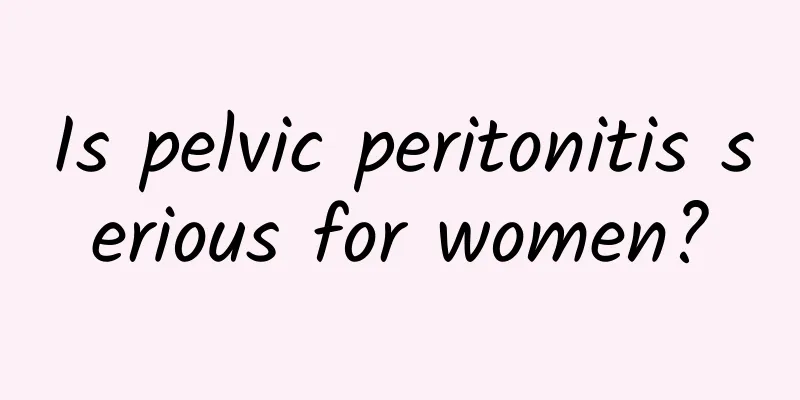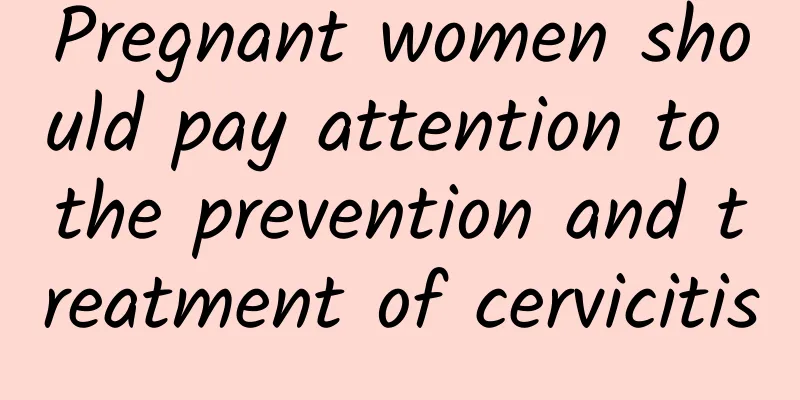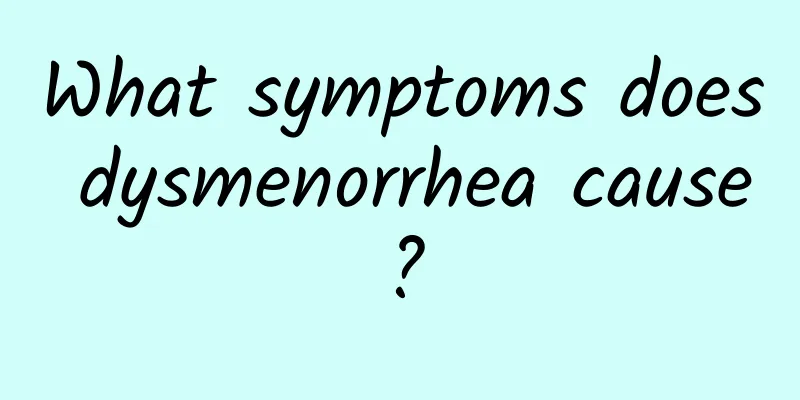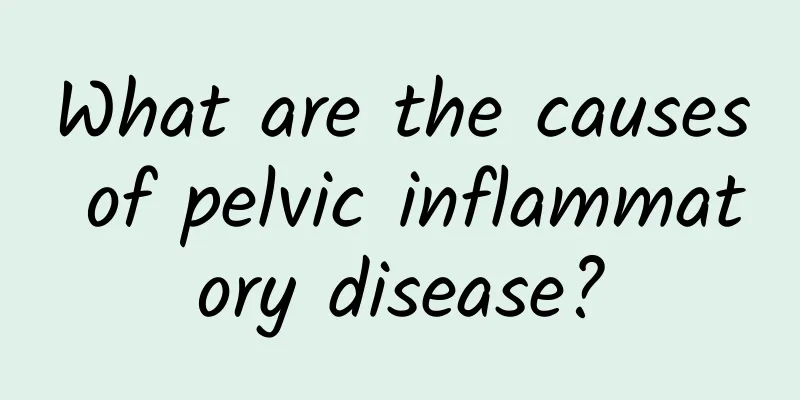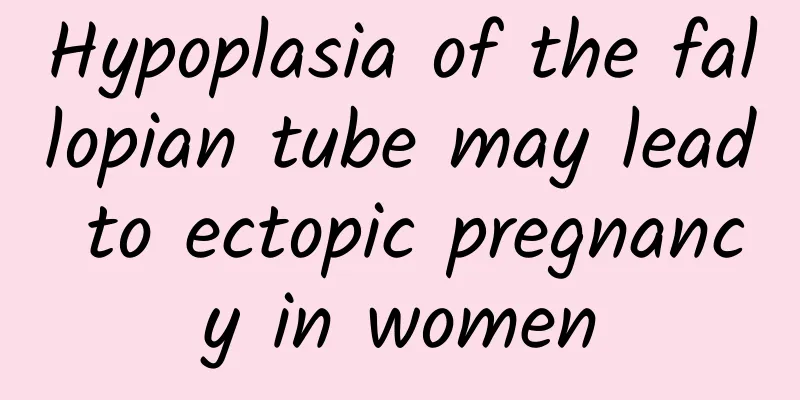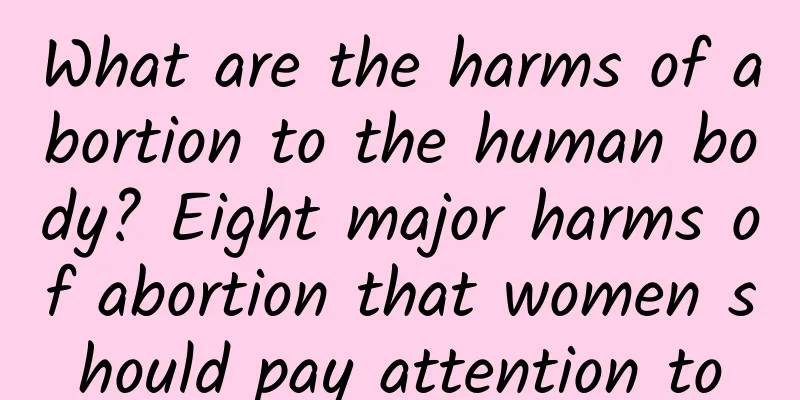What is the reason why women do not ovulate?
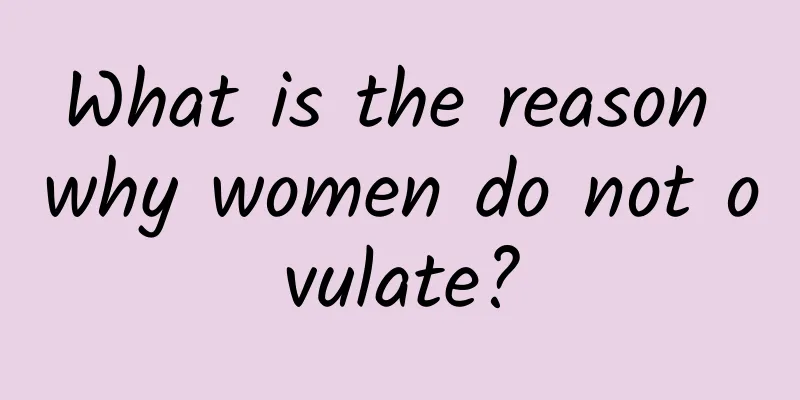
|
The world of two people is really beautiful, but the world of three people seems to be beautiful too. Little life is the crystallization and witness of love, and the source of laughter at home. When young couples calculate the ovulation period and actively create human beings, they find that their belly has no reaction for a long time, which is anovulation. This is sad for young couples. If they want to cultivate the crystallization of love together, they must not cut off the roadblock of ovulation to pregnancy. So what are the symptoms of anovulation? What is the reason for anovulation in women? The ovulation period is the peak period of female ovulation, but some female friends do not ovulate even during the peak period of ovulation. What is the real reason for not ovulating? As we all know, the fertilized egg is formed after the male reproductive cell sperm and the female reproductive cell egg meet and combine. The fertilized egg develops into an embryo, and the embryo develops into a fetus, which is the beginning of human reproduction and reproduction. Eggs and sperm are indispensable. A woman discharges about 400 eggs in her lifetime, up to 500. Women usually ovulate about two weeks before their next menstrual period. The average survival time of an egg is 12-24 hours. There are also reports that these eggs can survive for 36 hours, which should be a stronger egg. Anovulation is a common endocrine disease. Since women do not ovulate, even if the sperm is strong, it cannot become a fertilized egg. In addition to infertility, women who do not ovulate also have symptoms of menstrual disorders, such as scanty, rare or amenorrhea, thick hair, obesity, etc. There are many reasons why women do not ovulate, mainly the following:1. Premature ovarian failure: There are about 400,000 follicles in female puberty. Each ovulation cycle consumes a certain number of ovaries, so when the ovaries experience premature ovarian failure, the follicles have been exhausted and cannot develop. 2. Polycystic Ovary Syndrome: Polycystic ovary syndrome is characterized by multiple small follicles, but they are immature. 3. Pituitary gland: The main organ that controls ovulation is the hypothalamus, pituitary gland, and ovarian axis. If a woman has hyperprolactinemia or a pituitary prolactinoma, these diseases can lead to anovulation. If you don't like children, don't plan to have children, or haven't reached the right age to get married, or haven't reached the childbearing age, then you may feel that the lack of ovulation has little impact on you, and you don't care much about ovulation. If you don't ovulate, the sperm and egg can't meet and combine to form a fertilized egg, and conception is impossible. But if you don't ovulate, you will still have menstruation, but menstruation without ovulation. |
<<: Symptoms and diagnosis of cervical erosion
>>: Can pelvic effusion cause fallopian tube obstruction?
Recommend
What are the symptoms of benign uterine fibroids? Can benign uterine fibroids cause fatty degeneration?
The severity of uterine fibroids depends on the g...
Diarrhea may also be an early symptom of ectopic pregnancy
Ectopic pregnancy is a dangerous acute abdomen in...
Eating eggs wisely can also lower cholesterol! Nutritionist Zhao Hanying recommends: Calcium-supplementing three-color egg recipe
Still worried about high cholesterol after eating...
Does the thickness of the endometrium affect pregnancy?
Will the thickening of the endometrium affect pre...
How to treat pelvic inflammatory disease during lactation
How to treat pelvic inflammatory disease during l...
What should people who have just had a miscarriage not eat?
People who have just had an abortion need to pay ...
Women should always take precautions against vaginitis
Among gynecological diseases, vaginitis is also a...
Why do you need a gynecological examination before abortion?
Artificial abortion refers to the termination of ...
How to make "younger abortion" a thing of the past
On May 19, Professor Chen Yijun of the Chinese Ac...
Can I still get pregnant normally after a missed abortion?
It is usually possible to get pregnant normally a...
What to do if the endometrium is thick
Endometrial thickening refers to the thickness of...
What causes pelvic peritonitis
We don't know the causes of many diseases, so...
Analysis of the etiology of recurrent candidal vaginitis
Fungal vaginitis is caused by fungal infection. I...
What is the difference between uterine effusion and pelvic effusion?
Both uterine effusion and pelvic effusion belong ...
How to treat moderate cervical erosion caused by vaginitis? Moderate cervical erosion caused by vaginitis can be treated in three ways
In our lives, whether it is vaginitis or cervical...

